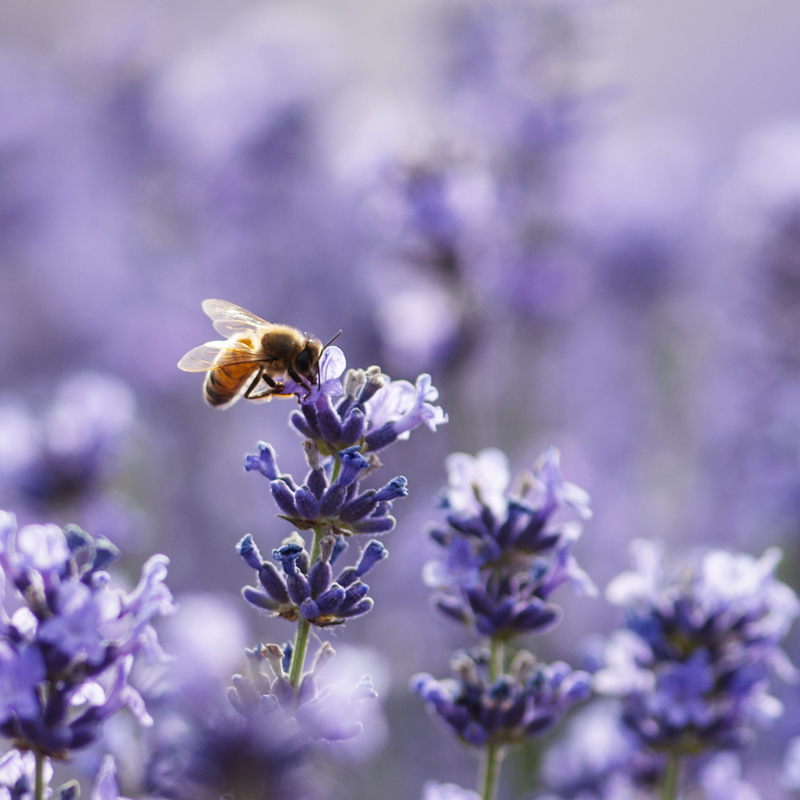Here, the authors of this year's Darwin Review tell us a bit more about the subject area.

Every year, Proceedings B publishes the “Darwin Review” – a special review written by leading authors in the field of evolutionary biology to showcase ideas in the biological sciences that are of current interest to the diverse readership of the journal. This year’s Darwin Review, by Deborah Charlesworth, Nicholas H. Barton and Brian Charlesworth, looks at ‘The sources of adaptive variation’. Here, the authors tell us a bit more about the subject area.
“Almost all present-day evolutionary biologists accept the principles of the Modern Synthesis (MS) of evolution as the conceptual basis for their work. A key tenet of the MS is that adaptive evolution results from natural selection acting on accidental changes in the genetic material, which arise without regard to their fitness effects on their carriers (“random” mutations). Over the past 40 years, there have been several, rather unsuccessful, challenges to the MS, including attempts to revive the idea that organisms can inherit adaptive traits that are induced by the environment (Lamarckian inheritance). Recently, advocates of a self-styled “Extended Evolutionary Synthesis” have claimed that the MS has serious inadequacies, and needs to be supplemented by additional principles. In 2015, they published the Darwin Review, and in November 2016 organised a discussion meeting at the Royal Society, which generated much debate”.
“In our view, many of their ideas were already part of the MS, and do not represent serious challenges, as others have pointed out. But one component that does require detailed consideration is the claim that recent discoveries about “epigenetics” offer a credible Lamarckian mechanism of adaptive evolution, because modifications to DNA or DNA-binding proteins, such as the addition of methyl groups, can be induced by environmental challenges, and can affect gene expression. In some cases, such changes can be transmitted between generations during sexual reproduction. If this were a common source of adaptively useful variation, then the MS would indeed need serious revision”.
The 2017 Darwin Review examines the relevant empirical evidence, to see whether such neo-Lamarckian processes could often contribute to adaptive evolution. It concludes that, while there are many interesting observations and questions concerning the contribution of epigenetic variants to natural variation in traits that are likely to be under selection, nothing suggests that stably heritable adaptive traits are often induced by the environments in which organisms live. The authors argue that the concept natural selection acting on variants arising by random mutations is the major cause of adaptive evolution is still valid. As the late, great John Maynard Smith once remarked, just because an idea is orthodox doesn’t mean it’s wrong.
